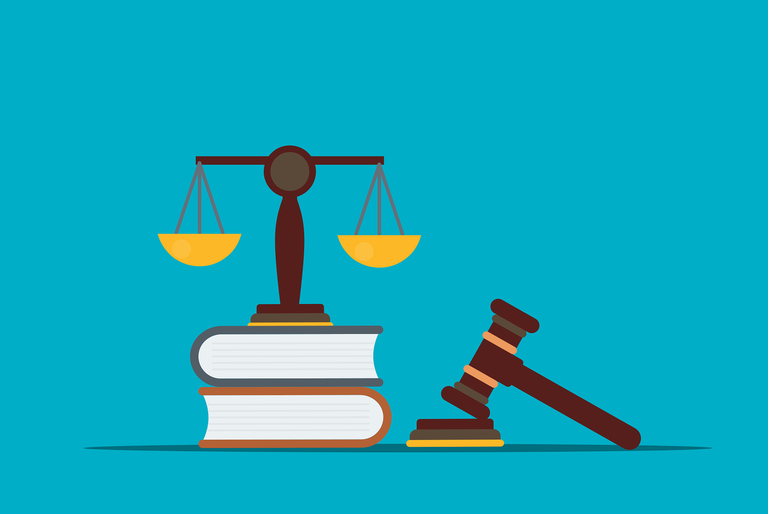Explainer: EU Directive on corporate sustainability due diligence
On February 23, 2022, the EU Commission published a proposal for a new law known as the Directive on corporate sustainability due diligence (CSDD).
What is the Directive on corporate sustainability due diligence?
The Directive sets mandatory human rights' supply chain due diligence rules for large companies headquartered or operating in the EU. As such, companies would be required to audit supplier practices across their supply chain, including both direct and indirect business relationships. The aim is to promote sustainable and responsible corporate behavior across borders, as well as to identify, prevent, remedy or mitigate negative impacts on human and labour rights and the environment.
What will the new regulations do?
The EU Commission says that the new rules will create more legal certainty and a level playing field for companies, whilst also providing added transparency for consumers and investors alike. Equally, the rules are expected to drive the green transition and strengthen respect for human rights in Europe and beyond.
When does the Directive come into force?
Once the proposal is approved by the European Parliament and Council, EU member states will have two years to transpose the directive into national law and communicate the relevant texts to the Commission. For EU member states with similar national laws on their books (like Germany for instance), additional work will be needed to align domestic law with the new EU directive.
To whom will the new due diligence rules apply?
EU Companies
- Group 1: all EU limited liability companies of substantial size and economic power (with
500+ employees and EUR 150 million+ in net turnover worldwide). - Group 2: Other limited liability companies operating in defined high impact sectors,
which do not meet both Group 1 thresholds, but have more than 250 employees and a
net turnover of EUR 40 million worldwide and more. For these companies, rules will start
to apply 2 years later than for group 1. - Although small and medium-sized enterprises (SMEs) are not directly affected by the law, they are indirectly affected, for example, as suppliers to large companies.
Non-EU Companies
- Non-EU companies active in the EU with turnover threshold aligned with Group 1 and 2,
generated in the EU.
What do companies have to take into account according to the EU Directive?
The law applies to the company's own operations, its subsidiaries and its value chains (both direct and indirect business relationships). In order to comply, companies will need to ensure that they:
- Integrate Due diligence into company policies and management systems
- Identify actual or potential adverse impacts on human rights and environment, and take appropriate action to prevent, mitigate and remedy them;
- Establish grievance mechanisms and provide access to them to all persons along the supply chain;
- Provide transparent and public information on the performance of their due diligence obligations, including an annual report
- Control and monitor the effectiveness of these measures
- (For annual sales of more than EUR150 million), align internal policies with the 1.5-degree target of the Paris Agreement
What violations are covered by the new rules?
Under the new Directive, EU companies will have a responsibility to ensure that their suppliers do not violate human rights and environmental principles such as:
- Forced labor
- Child labor
- Inadequate health and safety at work
- Exploitation of workers
- Environmental violations such as greenhouse gas emissions, pollution or the destruction of biodiversity and ecosystems
What are the implications for the garment sector?
- As a globalized industry with longstanding supply chain risks (both environmental and social), the garment and textiles sector will face added scrutiny under the new rules. It is listed under the law as one of three defined high-impact sectors warranting particular attention.
- The law is likely to enhance compliance and transparency demands on the industry, with implications for brands, manufacturers, workers and policymakers alike. This is particularly true for manufacturing countries in Asia, which often count the EU among their leading export markets (for garments and textiles).
- For an overview of how due diligence rules are being received in the industry in Asia, please see our curated news section here
What criticisms has the Directive faced and what improvements have been called for?
- The new Directive has received criticism from a range of organizations in civil society, business associations, and the labour movement. These typically focus on the following:
- The law only covers large(r) companies, with SMEs largely excluded. Conversely, some business associations have argued that the rules could still overburden small and medium sized companies, placing unreasonable expectations on their ability to monitor and exert influence over distant suppliers.
- It does not guarantee liability in European courts and leaves the burden of proof completely on victims.
- Its climate obligations are vague, and lack binding rules of enforcement.
Do you have a view on the new EU Due Diligence Law Proposal? Send us an email to info@asiagarmenthub.com. We are looking forward to your feedback!
Key Resources:
https://ec.europa.eu/commission/presscorner/api/files/document/print/en/ip_22_1145/IP_22_1145_EN.pdf
https://ec.europa.eu/commission/presscorner/detail/en/ip_22_1145
https://corporateeurope.org/sites/default/files/2022-06/INSIDE%20JOB%20How%20business%20lobbyists%20used%20the%20Commission%27s%20scrutiny%20procedures.pdf
https://www.business-humanrights.org/en/latest-news/commentary-by-human-rights-watch-eu-disappointing-draft-on-corporate-due-diligence/
https://www.handelsblatt.com/politik/deutschland/menschenrechte-justizminister-buschmann-eu-lieferkettengesetz-muss-praktikabel-sein/28098038.html

